For Country, for Nation backgrounder
Aboriginal and Torres Strait Islander peoples have a long standing tradition of fighting for Country, and continue to serve with honour among our military forces. The new exhibition For Country, for Nation is designed to commemorate Indigenous service men and women. For more than 100 years Indigenous Nations have contributed to Australia’s wartime efforts and defence services.
“The exhibition will guide you through six different themes designed to tell the story of Australia’s Indigenous service history. Unlike other exhibitions at the Memorial, this story isn’t told chronologically and the stories will be from Aboriginal and Torres Strait Islander people’s perspective, and with multiple stories shared through first person voice.” Ms Reynolds, Lead Curator.
One of the exhibition’s themes, “Our cultures continues”, is a celebration of the role that art, song, dance, and creative mediums play in recording and continuing Aboriginal and Torres Strait Islander histories. The exhibition houses 60 works of art by 32 artists. Six artists from across Australia have also been commissioned by the Memorial to create works especially for the exhibition: Clair Bates, Glenda Nicholls, Gabriel Nodea, Patrick Freddy Puruntatameri, Andrew Snelgar, and Vicki West. The exhibition’s welcoming space also features two installations by Victorian-based weavers Aunty Glenda Nicholls and Aunty Clair Bates.
The six exhibition themes are:
- We remember
- The warriors strength, the diplomats patience
- All heroes, our stories
- Communities on the front line
- Human rights and social justice
- Our cultures continue
1. We Remember
Welcome to this story-place where our peoples will share personal experiences and family histories of military service during war and peace. We invite you to take a moment to pay your respects to Country, Ancestors, and custodians; to acknowledge the guidance of the Elders of all Nations; and to recognise all the people who have shared their stories.
For Country, for Nation is an honouring of our warriors and soldiers who fought for Country; a remembering of our communities and Countries deeply affected by war; and a joining together in the spirit of peace.
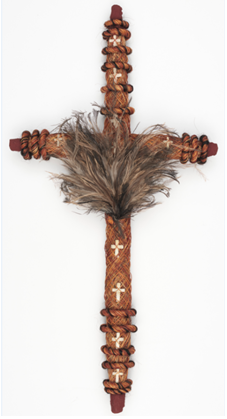
2. The warriors strength, the diplomats' patience
For more than 2,000 generations we’ve taught our young people the warrior’s strength and the diplomat’s patience. Our ancient teachings continue even as they are adapted to modern times, and our people make great warriors and peacekeepers. Every time modern Australia has gone to war, our peoples have answered the call to fight for Country.
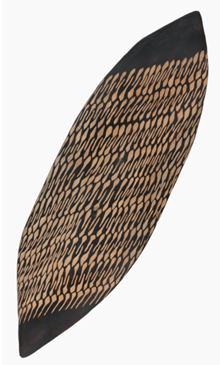
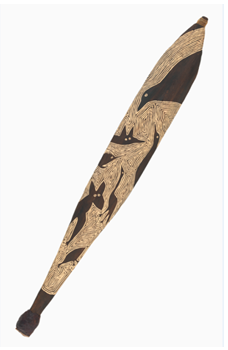
3. All heroes, our stories
Military service requires courage and discipline. Many of our veterans also talk about the mateship and equality they experienced during their service, and they are quick to acknowledge their fellow soldiers from all cultural backgrounds and walks of life. Many have been deeply affected by the suffering caused by wounds or injuries, imprisonment, loss of life, or post-traumatic stress disorder. And yet, to us, all of our servicemen and servicewomen and their families are heroes.

4. Communities on the front line
Our communities across Australia have been greatly affected by war and by British and Australian military activity. Top end communities bore the brunt of the raids on the Australian mainland during the Second World War, while our people on the home front made significant contributions in industries and services supporting the wartime defence of Australia: as farmers, transport officers, factory workers, nurses, teachers, mechanics, hospitality workers, and domestics. We welcomed job opportunities, and the chance to gain new skills and support serving family members.
During the Cold War–era, desert communities continued to suffer, as British and Australian forces carried out nuclear testing in places such as Maralinga in South Australia.
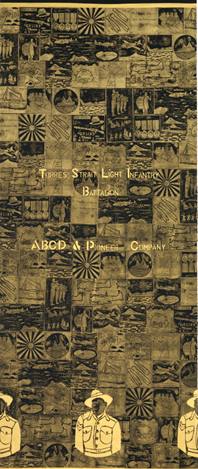
5. Human rights and social justice
Following the British colonisation of Australia, we suffered wave after wave of human rights abuses and oppressive legislation. But our peoples maintained their dignity and honour, upheld the warrior’s strength and the diplomat’s patience, and made important contributions to the broader Australian society. As always, we valued the friendship and respect of those who stood by our side in the fight for human rights and social justice.
Our peoples overcame legislative barriers and entrenched racism to volunteer to serve during the early twentieth century. Some changed their names, hid their identity or travelled interstate to enlist, while others convinced officials they were of “substantially European origin”.
*image to come
6. Our cultures continue
Like our Ancestors before us, we gift our stories, teachings, and memories to the next generation. Our songs, dances, stories, and works of art chronicle the ancient and modern histories of our peoples. New media such as films, books, and websites provide exciting opportunities for sharing and teaching within our communities and with others.
During local and national anniversaries and commemorations, we gather to remember those who fought for Country and pay our respects. We gather to support the families, and to show pride in our young people, who have chosen to carry on the teachings of the warrior and the diplomat.
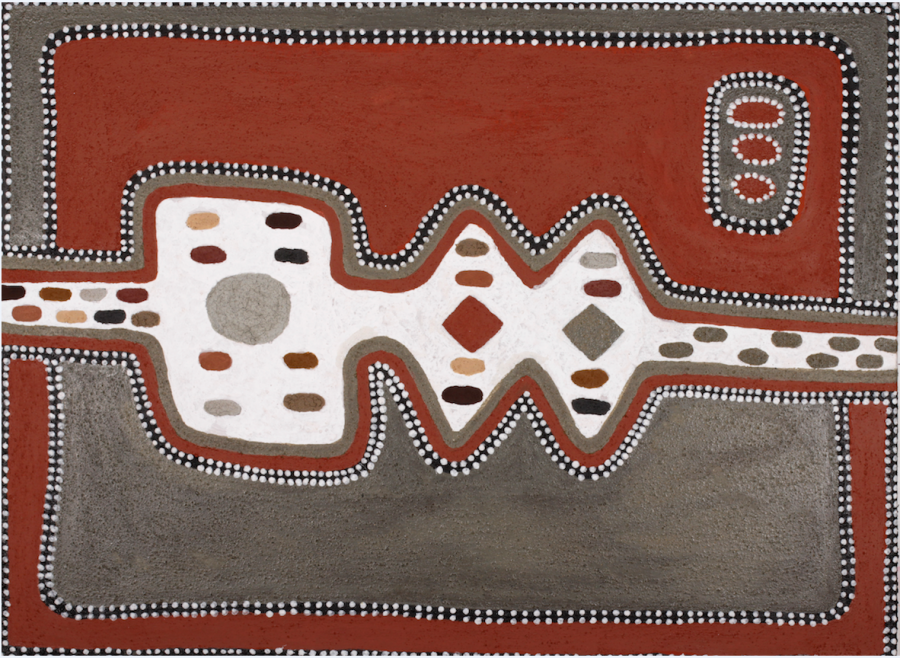
Media Contact
Contact Name
Media team
Contact Email
Contact Phone Number
02 6243 4575
Contact Mobile Number
0409 600 038